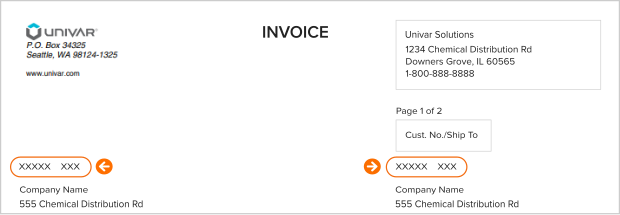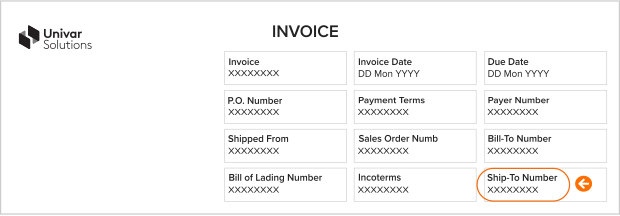We’re here to provide you with more information or help answer any questions you might have. Send us a note and we’ll get back to you as soon as possible.


Top five (5) cleaning factors for automatic car washes
The car wash industry has grown significantly over the last twenty years and has been a standout in the industrial cleaning ingredients space.
While no two tunnel car washes may be the same in their design or build, five consistent factors govern how they clean vehicles and what car wash owners should monitor for their operation's best performance.
The top five factors that go into cleaning for automatic car washes include:
1. Time
Specifically, dwell time, or how long the pre-soap sits on the car. Owners want to push vehicles through their tunnels as quickly as possible but need the correct dwell time to clean the cars efficiently. They should also be mindful of the point of diminishing returns – if a vehicle sits too long with soap on its surface, then the soil will then redeposit back on the car. Univar Solutions offers a portfolio of raw cleaning ingredients and materials that can help reduce soil redeposition.
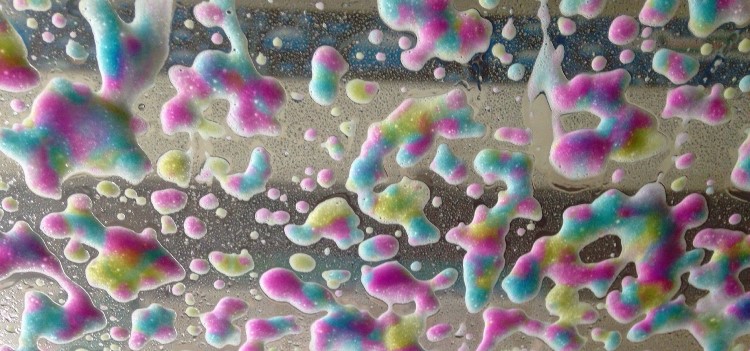

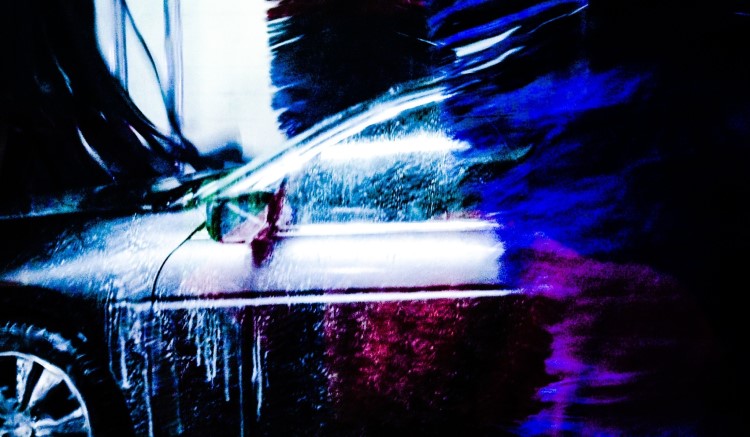

2. Temperature
Usually, with washing, the adage is that the hotter, the better. However, car wash facility operators should recognize that the chemistries aren't as effective once you get too hot. For example, non-ionic surfactants become less stable. Seasonality also plays a role, as ambient temperatures can influence the car's surface temperature, especially in Texas and other states with hotter summers. Alternatively, some tunnel car washes choose to heat the water during colder seasons for more temperature action to clean vehicles more effectively.
3. Mechanical action
This includes scrubbing, brushing, and pressurized water usage. Touchless car washes mainly rely on high-pressure water for their mechanical action. This is the preferred choice for owners who do not want to invest in pricey tunnel car wash equipment.
However, preventative mechanical maintenance must be provided, regardless of the wash type, to keep the pumps, nozzles, tips, tubing, and pressure systems working well. If not adequately maintained or low-quality products are used, dirt and soil particles can be dragged across car surfaces (especially if not lubricated correctly) and easily cross-contaminate or scratch other vehicles. Other factors must also be increased to compensate for poor equipment efficacy.
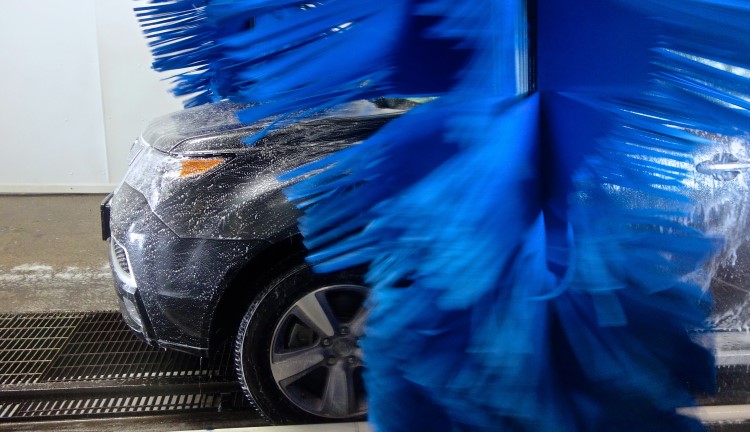

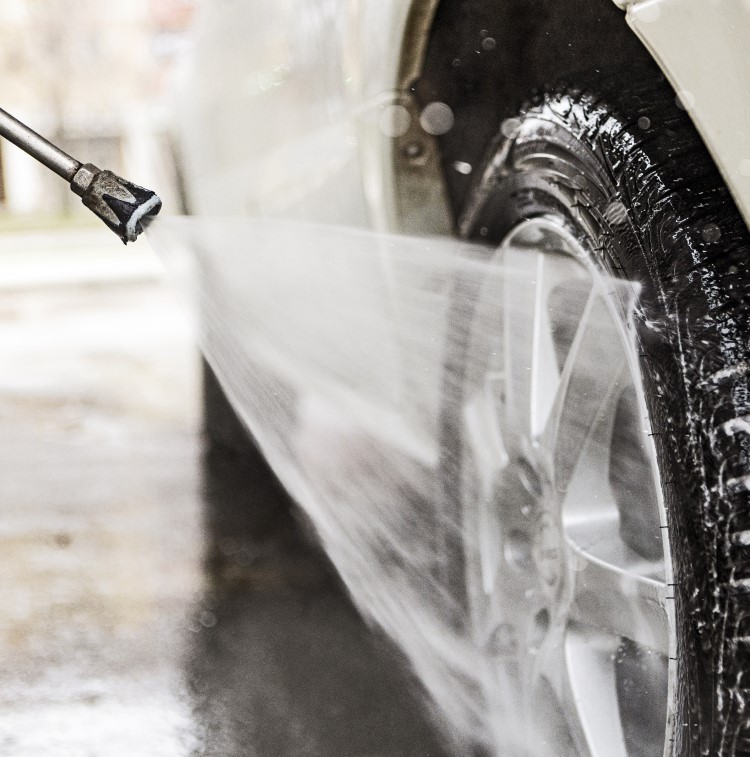

4. Chemical action
Simply put, Car wash tunnel chemicals can make or break the operation. As the chemistry has evolved over the years – and continues to do so – it has created a need for stricter attention to the delicate balance between the cleaning products, friction, and other applications working in tandem at such a fast pace. Car wash owners must also conduct more investigative research about their locations and the best cleaning solutions for their customers. For example, lower pH (acidic) presoaks will work best for inorganic soils, whereas higher pH presoak products are ideal for organic material and neutralizing acid on vehicle surfaces. Applying one right after another creates an exothermic reaction, releasing heat that can be useful during washing.
Additionally, water hardness and content vary across the country and can change at the same wash throughout the year. Ensuring chemistry is compatible with each site's water is essential to eliminate scale build-up that will reduce soap efficacy and the equipment's lifespan. The water's pH level will also affect a wash's cleaning and drying ability. Knowing what type of water a wash uses can help troubleshoot many issues.
Eco-friendly ultra-concentrated products help reduce waste and lessen environmental impacts. Enzymes may play a role in the future of car wash cleaning ingredients as they have for dish and laundry cleaning ingredients.
5. Procedures
At many tunnel car wash locations, a human interaction element goes into the cleaning process – from hand waxing at the end to tire shining, towel drying, or refilling the chemistries. Following the proper procedures is crucial for car wash workers at every level. An unchecked imbalance of any of these factors can be detrimental to the quality of the end result. Although too much soap might look appealing to customers, it can be difficult to rinse entirely off or may leave spots and streaks during the finishing applications.
Conversely, if operators are aware of these issues or battling environmental elements, they can compensate one factor with another for a positive effect. For example, suppose the temperature is lost because of weather or seasonal conditions. In that case, it can be made up by increasing the chemical action or slowing down the conveyor to increase the vehicle's time for optimized cleaning.
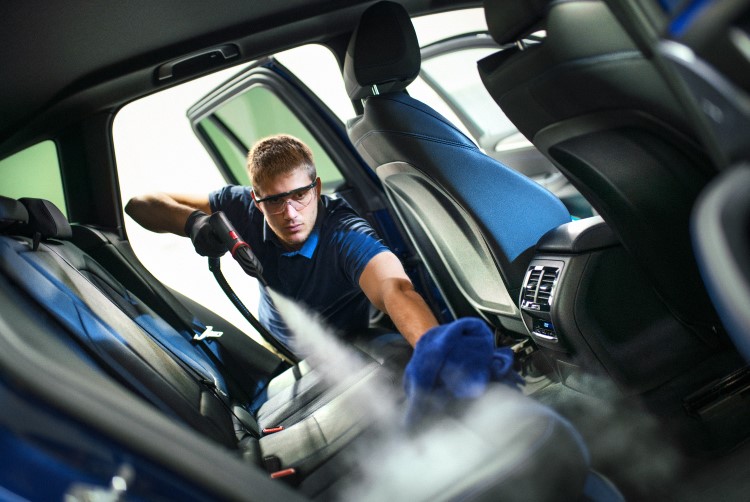

Despite the different design types for automatic tunnel car wash systems, these factors remain consistent drivers of their cleaning effectiveness.
Learn how the Univar Solutions Homecare and Industrial Cleaning portfolio can help optimize your car cleaning chemistries and automatic car wash equipment.
Carwash.com, What you need to know when building a new tunnel carwash: https://www.carwash.com/what-you-need-to-know-when-building-a-new-tunnel-carwash/
Chemquest, Car wash chemistry - high vs. low pH presoak: https://carwash-soap.com/car-wash-chemistry-high-vs-low-ph-presoak
Harrell's Car Wash Systems, Top Questions from Prospective Car Wash Owners: Operation: https://www.harrellscarwashsystems.com/category/building-a-car-wash/
JBS Industries, How to Create a Car Wash Business Plan: https://www.jbsindustries.com/blog/how-to-create-a-car-wash-business-plan/



